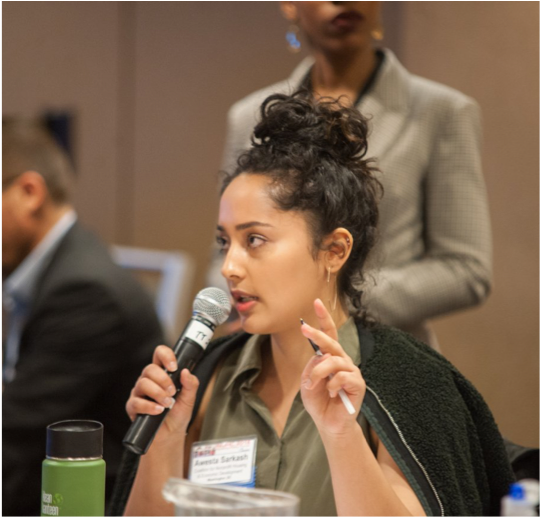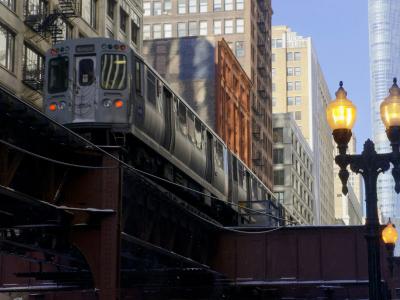-
State Data Overview
Across Maryland, there is a shortage of rental homes affordable and available to extremely low income households (ELI), whose incomes are at or below the poverty guideline or 30% of their area median income (AMI). Many of these households are severely cost burdened, spending more than half of their income on housing. Severely cost burdened poor households are more likely than other renters to sacrifice other necessities like healthy food and healthcare to pay the rent, and to experience unstable housing situations like evictions.
KeyFacts196,936Or26%Renter households that are extremely low income-128,675Shortage of rental homes affordable and available for extremely low income renters$39,440Average income limit for 4-person extremely low income household$81,434Annual household income needed to afford a two-bedroom rental home at HUD's Fair Market Rent.77%Percent of extremely low income renter households with severe cost burden -
State Level Partners
NLIHC Housing Advocacy Organizer
 State Partners
State PartnersCommunity Development Network of Maryland
Post Office Box 22426
Baltimore, MD 21203
P (443) 756-7819
https://communitydevelopmentmd.org/
Claudia Wilson Randall
Executive Director
[email protected]Maryland Affordable Housing Coalition c/o L&H Business Consulting
1212 York Road, Suite C 300
Lutherville, MD 21093
P (443) 758-6270
https://www.mdahc.org/
Miranda Darden-Willems
Executive Director
[email protected]Become an NLIHC State Partner
NLIHC’s affiliation with our state coalition partners is central to our advocacy efforts. Although our partners' involvement varies, they are all housing and homeless advocacy organizations engaged at the state and federal level. Many are traditional coalitions with a range of members; others are local organizations that serve more informally as NLIHC's point of contact.
Inquire about becoming a state partner by contacting [email protected]

-
Housing Trust FundHTF Implementation Information
NLIHC continues working with leaders in each state and the District of Columbia who will mobilize advocates in support of HTF allocation plans that benefit ELI renters to the greatest extent possible. Please contact the point person coordinating with NLIHC in your state (below) to find out about the public participation process and how you can be involved.
Current Year HTF Allocation$11,215,433
HTF State Resources2019
Draft Annual Action Plan with HTF Allocation Plan pages 93-127 (PDF)
2018
2018 Draft Annual Action Plan with draft HTF Allocation Plan on page 169 (PDF)
HTF Allocation Plan (PDF)
2017
2017 HTF Allocation Plan (PDF)
Draft HTF Allocation Plan (PDF)
2016
HUD-Approved Allocation Plan (PDF)
2016 HTF Allocation Plan [September 30, 2016; pending HUD approval] (PDF)
Final Allocation Plan Submitted to HUD (PDF)
Draft HTF Allocation Plan by Department of Housing and Community Development (PDF)
State Designated EntityMatthew Heckles
Assistant Secretary
Department of Housing and Community Development
301-429-7796
[email protected]Official Directly Involved with HTF ImplementationGregory Hare
Director, Multifamily Housing
301-429-7775
[email protected]Alvin Lawson
[email protected]Robyne Chaconas
[email protected]Mira Morgan
[email protected]State Entity Webpage
Maryland Department of Housing and Community DevelopmentNHTF-specific pages
National Housing Trust Fund
Annual Action Plans and HTF Allocation Plans -
ResourcesResources
Housing Profiles
State Housing Profile
State Housing Profile: Maryland (PDF)
Congressional District Housing Profile
Congressional District Profile: Maryland (PDF)
Research and Data
National Housing Preservation Database
The National Housing Preservation Database is an address-level inventory of federally assisted rental housing in the United States.
Out of Reach: The High Cost of Housing
Out of Reach documents the gap between renters’ wages and the cost of rental housing. In Maryland and Nationwide
The Gap: A Shortage of Affordable Rental Homes
The Gap represents data on the affordable housing supply and housing cost burdens at the national, state, and metropolitan levels. In Maryland and Nationwide
Explore Other States
